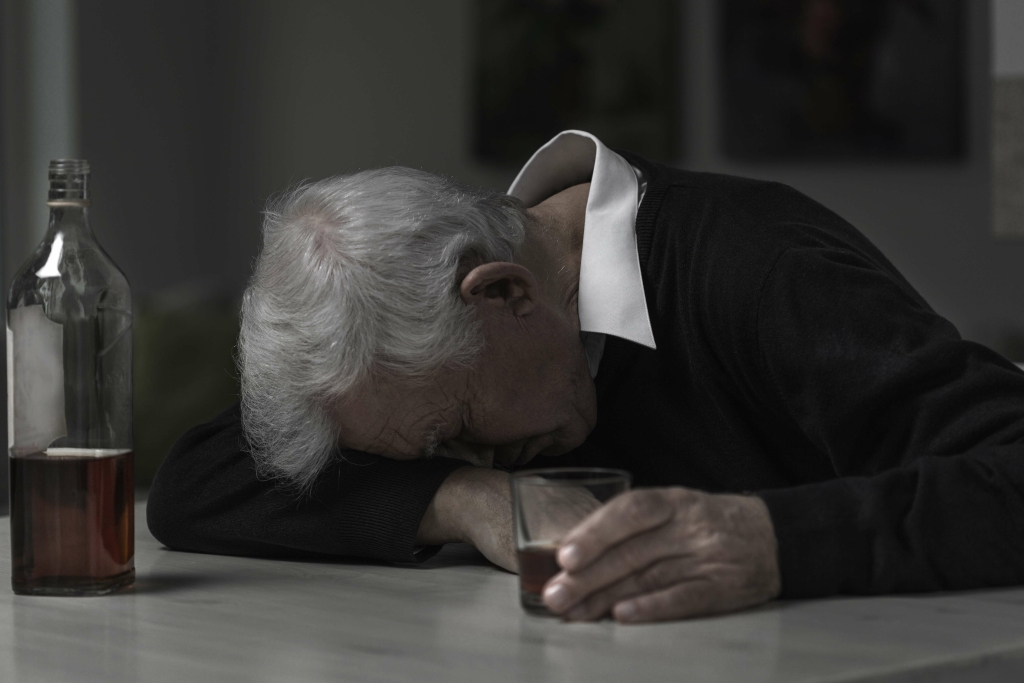Content
During a blackout, a person is completely unaware of their surroundings and actions. An overly drunk teen may not remember how their night ended. In all too many cases, they wake up in the hospital after a car accident — or don’t wake up at all — and seriously injure unsuspecting passengers, people in other cars or pedestrians. Teen drinking can lead to other drug use, academic problems, teenage alcoholism unplanned pregnancies, violent behavior, arrests and serious injuries. Middle school, high school and college students are at a high risk of experiencing multiple problems related to alcohol use. People who drink regularly also often have problems with school. Drinking can damage a student’s ability to study well and get decent grades, as well as affect sports performance .

Teens who experiment with alcohol may drink to hide their anxiety about something difficult that’s going on in their lives. While alcohol can reduce anxiety temporarily, it can also increase anxiety within just a few hours of consumption. This includes even moderate amounts of alcohol, and the effects on anxiety can last into the following day. Kids who begin drinking before age 15 have a 40 percent chance their brains will be “wired” for alcoholism. This is called binge drinking, a very dangerous way of drinking that can lead to serious problems and even death.
Nutrition and Healthy Living
Our self-assessment may be helpful in recognizing substance abuse in yourself. According to an US study, people who get drunk for the first time before their 15th birthday are more likely to die prematurely.
When large amounts of alcohol are consumed in a short period of time, alcohol poisoning can result. Alcohol poisoning is exactly what it sounds like — the body has become poisoned by large amounts of alcohol. Violent vomiting is usually the first symptom of alcohol poisoning. Extreme sleepiness, unconsciousness, difficulty breathing, dangerously low blood sugar, seizures, and even death may result. Alcohol is a depressant, which means it slows the function of the central nervous system. Alcohol actually blocks some of the messages trying to get to the brain. This alters a person’s perceptions, emotions, movement, vision, and hearing.
Preventing Underage Drinking
Though teen alcoholism can happen in any family, some teens are more at risk for becoming alcoholics than others. Some of the risk factors for teen alcoholism include depression and anxiety. Teens who are prone to emotional problems are more likely to abuse alcohol than other teens. Teens who exhibit thrill-seeking behaviors or are unable to control their impulses are also more likely to abuse alcohol. Children whose parents are alcoholic are statistically more likely to become alcoholics themselves, and those who begin drinking at a young age are more likely to have serious problems with alcohol as they get older.

When your teen abuses alcohol, it’s easy to judge yourself or negatively compare your family to others. But it’s worth remembering that the teen years don’t last forever. With your guidance and support, your child can learn to resist the allure of underage drinking and develop a healthy, responsible relationship with alcohol when they reach adulthood. Village Behavioral Health, near Knoxville, is Tennessee’s leading provider of residential treatment to teenagers and adolescents who have been struggling with bipolar disorder, substance abuse, depression and other mood disorders. If your teen is displaying one or more of these symptoms, he or she may have an alcohol use disorder that requires teen alcohol rehab. A substance abuse professional can perform an assessment and determine the extent of the problem and what type of treatment is necessary. Adolescents who abuse alcohol may develop an alcohol use disorder and requireteen alcohol treatment.
